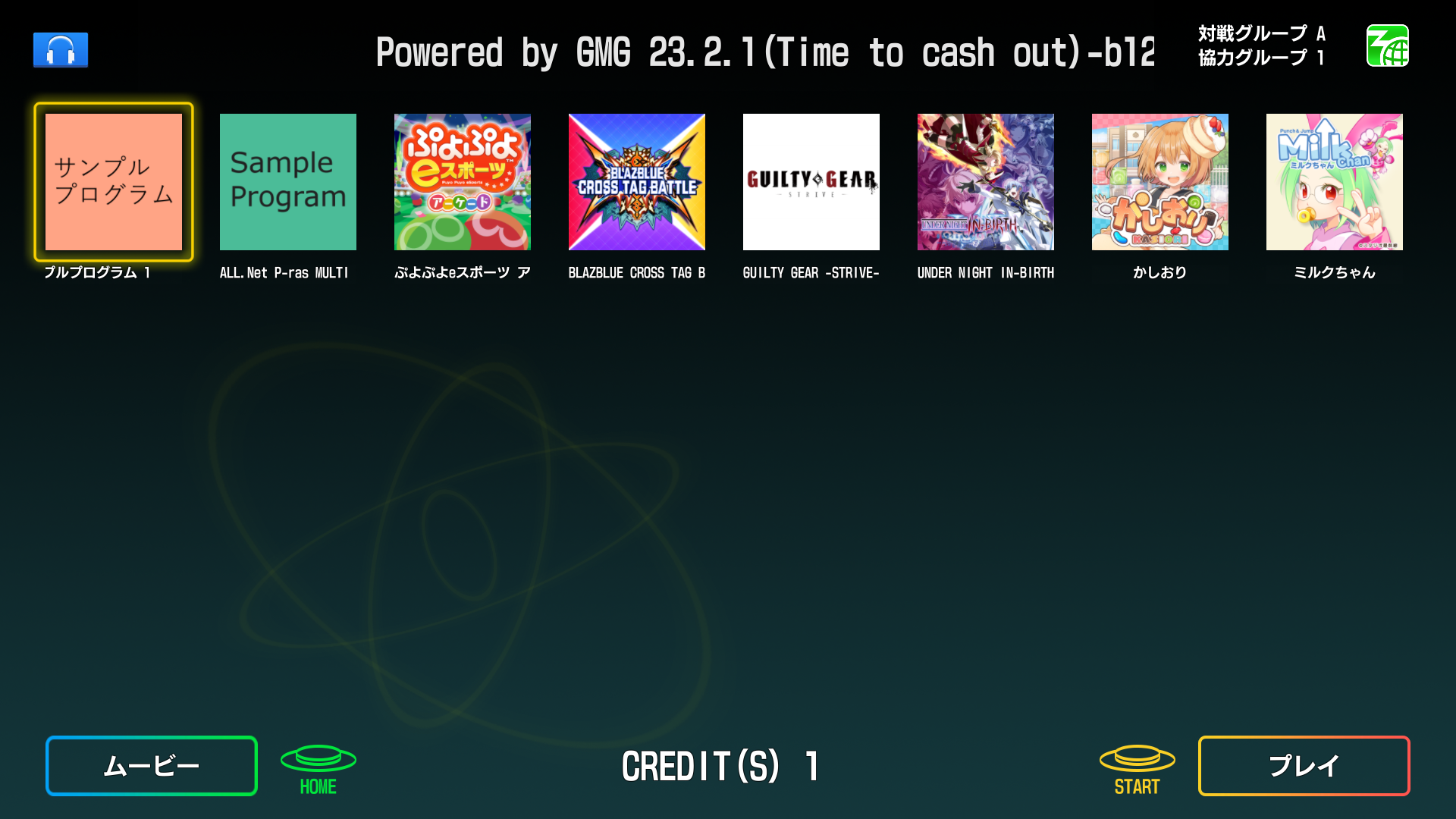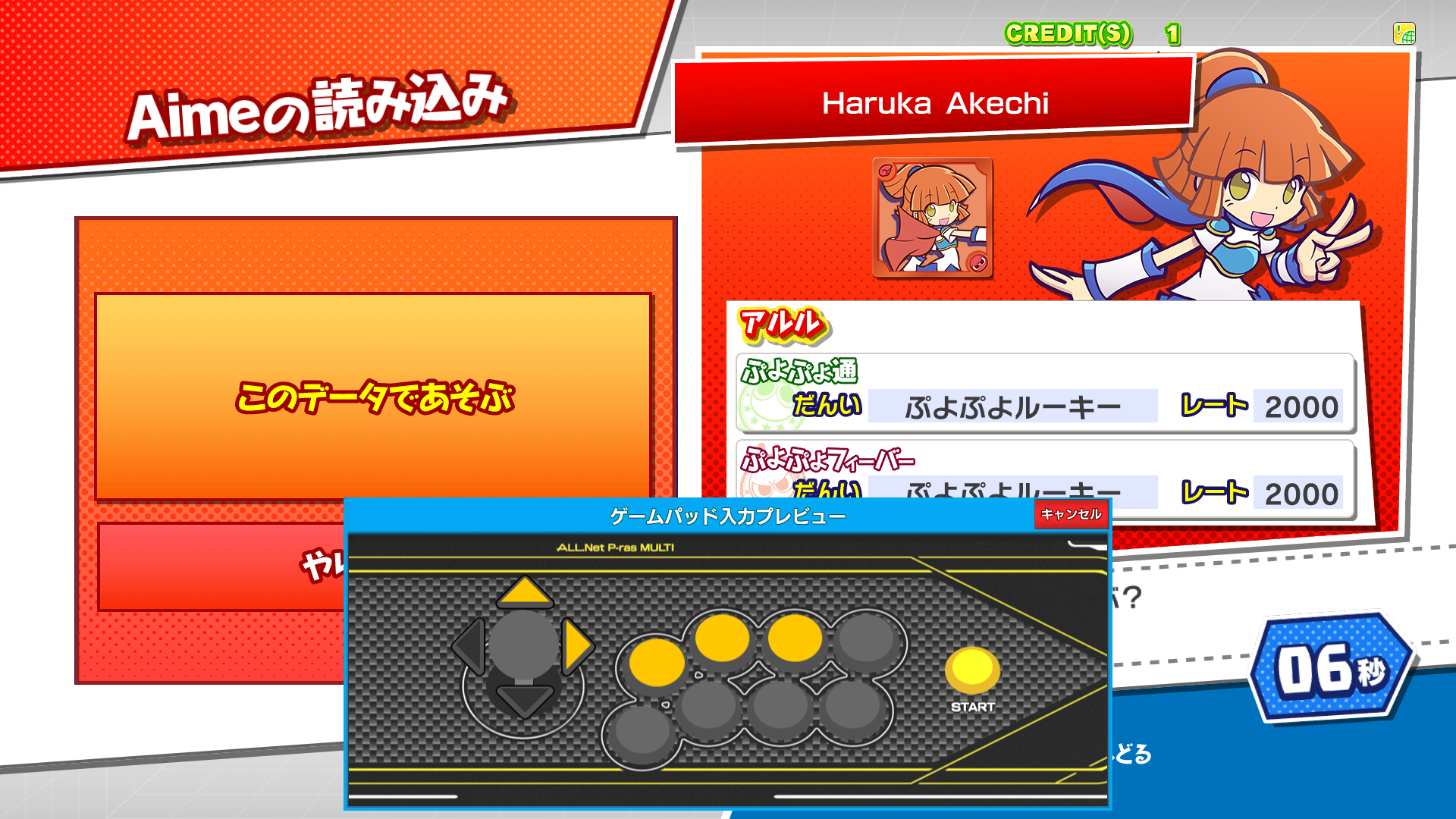forked from TeamTofuShop/segatools
This adds support for APMv3 I/O, menus and the launcher. * Added a apm3hook dll and I/O based on the usual layout. * Added C:\Mount\Apm to vfs. * Added the relevant .dlls to unityhook. * Added a hook for apmmount.dll that uses `CreateDosDevice` to mount decrypted data to the locations the launcher and games expect files to be. This will conflict with anything that is already at W:\ and X:\, but I do not have better solutions for this. * `launch.bat` is a bit more involved as it simulates the launcher loop. It can be broken by alt+f4ing or closing the launcher with "X". * An extra export was added, so rundll32 can be used to get rid of the dosdevices after the launcher was killed. * Since all the games do everything via `X:\lib\apm.dll`, no game hooks were needed in testing, therefore, `game.bat` files can be used as is. * Path hooks are applied correctly, so you can go correctly between games, launcher, sub system test mode and game test modes. A setup guide (some stuff specific to my server) can be found here: https://gmg.hopto.org:82/gmg/wiki/index.php/All.Net_P-ras_Multi_Menu Tested with the 2 APM sample apps, Blazblue, Puyo, Guilty Gear and some weird unity puzzle game whose name I forgot.   Reviewed-on: TeamTofuShop/segatools#73 Co-authored-by: kyoubate-haruka <46010460+kyoubate-haruka@users.noreply.github.com> Co-committed-by: kyoubate-haruka <46010460+kyoubate-haruka@users.noreply.github.com>
85 lines
2.4 KiB
C
85 lines
2.4 KiB
C
#pragma once
|
|
|
|
#include <windows.h>
|
|
|
|
#include <stdint.h>
|
|
|
|
enum {
|
|
APM3_IO_OPBTN_TEST = 0x01,
|
|
APM3_IO_OPBTN_SERVICE = 0x02,
|
|
APM3_IO_OPBTN_COIN = 0x04,
|
|
};
|
|
|
|
enum {
|
|
APM3_IO_GAMEBTN_HOME = 0x01,
|
|
APM3_IO_GAMEBTN_START = 0x02,
|
|
APM3_IO_GAMEBTN_UP = 0x04,
|
|
APM3_IO_GAMEBTN_RIGHT = 0x08,
|
|
APM3_IO_GAMEBTN_DOWN = 0x10,
|
|
APM3_IO_GAMEBTN_LEFT = 0x20,
|
|
APM3_IO_GAMEBTN_B1 = 0x40,
|
|
APM3_IO_GAMEBTN_B2 = 0x80,
|
|
APM3_IO_GAMEBTN_B3 = 0x100,
|
|
APM3_IO_GAMEBTN_B4 = 0x200,
|
|
APM3_IO_GAMEBTN_B5 = 0x400,
|
|
APM3_IO_GAMEBTN_B6 = 0x800,
|
|
APM3_IO_GAMEBTN_B7 = 0x1000,
|
|
APM3_IO_GAMEBTN_B8 = 0x2000,
|
|
};
|
|
|
|
/* Get the version of the APMv3 IO API that this DLL supports. This
|
|
function should return a positive 16-bit integer, where the high byte is
|
|
the major version and the low byte is the minor version (as defined by the
|
|
Semantic Versioning standard).
|
|
|
|
The latest API version as of this writing is 0x0100. */
|
|
|
|
uint16_t apm3_io_get_api_version(void);
|
|
|
|
/* Initialize the IO DLL. This is the second function that will be called on
|
|
your DLL, after apm3_io_get_api_version.
|
|
|
|
All subsequent calls to this API may originate from arbitrary threads.
|
|
|
|
Minimum API version: 0x0100 */
|
|
|
|
HRESULT apm3_io_init(void);
|
|
|
|
/* Send any queued outputs (of which there are currently none, though this may
|
|
change in subsequent API versions) and retrieve any new inputs.
|
|
|
|
Minimum API version: 0x0100 */
|
|
|
|
HRESULT apm3_io_poll(void);
|
|
|
|
/* Get the state of the cabinet's operator buttons as of the last poll. See
|
|
APM3_IO_OPBTN enum above: this contains bit mask definitions for button
|
|
states returned in *opbtn. All buttons are active-high.
|
|
|
|
Minimum API version: 0x0100 */
|
|
|
|
void apm3_io_get_opbtns(uint8_t *opbtn);
|
|
|
|
/* Get the state of the cabinet's gameplay buttons as of the last poll. See
|
|
APM3_IO_GAMEBTN enum above: this contains bit mask definitions for button
|
|
states returned in *gamebtn. All buttons are active-high.
|
|
|
|
Minimum API version: 0x0100 */
|
|
|
|
void apm3_io_get_gamebtns(uint32_t *gamebtn);
|
|
|
|
/* Initialize LED emulation. This function will be called before any
|
|
other apm3_io_led_*() function calls.
|
|
|
|
All subsequent calls may originate from arbitrary threads and some may
|
|
overlap with each other. Ensuring synchronization inside your IO DLL is
|
|
your responsibility. */
|
|
|
|
HRESULT apm3_io_led_init(void);
|
|
|
|
/* Update the RGB LEDs.
|
|
|
|
Exact layout is TBD. */
|
|
|
|
void apm3_io_led_set_colors(uint8_t board, uint8_t *rgb);
|